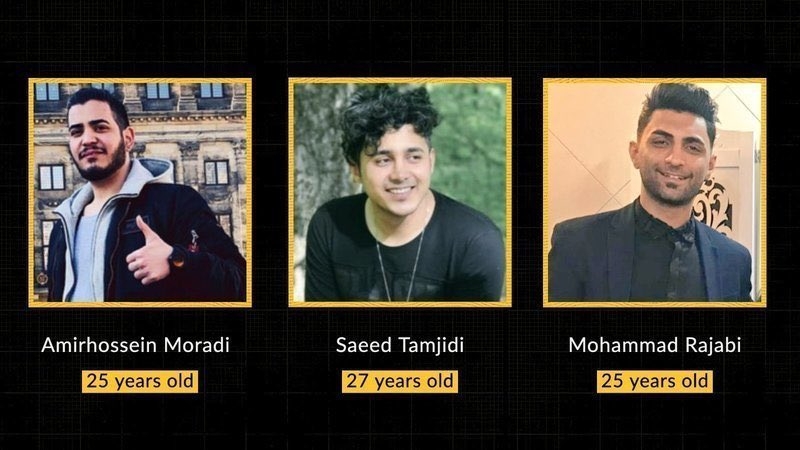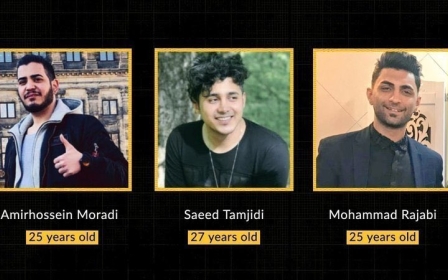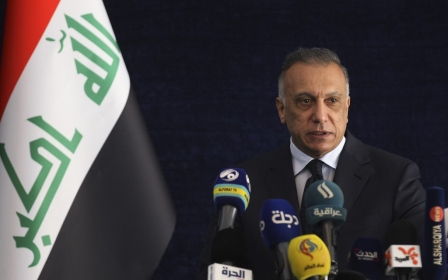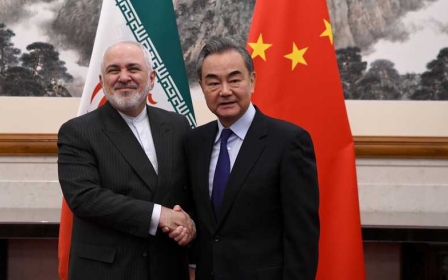Iranian court halts execution of three imprisoned protesters

Iran halted on Sunday the execution of three men who had been detained following anti-government protests in 2019, after an Iranian court had initially upheld their death sentences.
One of the accused's lawyers told AFP on Sunday that Iranian authorities had halted the execution after the country's Supreme Court accepted a request for a retrial.
New MEE newsletter: Jerusalem Dispatch
Sign up to get the latest insights and analysis on Israel-Palestine, alongside Turkey Unpacked and other MEE newsletters
"We conveyed a request [for a retrial] to the Supreme Court and they have accepted it. We hope the verdict will be overturned," Babak Paknia told AFP.
Judiciary spokesman Gholamhossein Esmaili said at the time that the verdicts could be changed over "extraordinary proceedings", pointing to a legal clause that could trigger a retrial if deemed necessary by the chief justice.
Saeed Tamjidi, Mohammad Rajabi and Amirhossein Moradi were sentenced to death in February on charges of "participation in vandalism and arson with the intent to confront and engage in war with the Islamic Republic of Iran". Robbery has also been reported among the charges.
The sentence was imposed by Abolqaem Salavati, head of Branch 15 of Tehran's Revolutionary Court, a judge notorious for harsh sentences in politically motivated cases.
Earlier this week, social media users demanded the Iranian government halt the executions of the three men.
The #DontExecute hashtag went viral, with almost 4.5 million tweets, after a court upheld the death sentences on Tuesday.
After Moradi was arrested in November during protests sparked by increased petrol prices that exacerbated longstanding economic hardships in the sanctions-hit country, Tamjidi and Rajabi left for Turkey.
However, Turkish authorities eventually complied with Iran's extradition request, and the two men were returned to Iran a month later.
Amnesty International has reported that allegations by the three men "of torture and other ill-treatment were ignored and 'confessions' extracted from Amirhossein Moradi without a lawyer present, reportedly through beatings, electric shocks and being hung upside down".
The protests they were involved in rocked a number of cities before spreading to at least 100 urban centres across the Islamic republic.
Middle East Eye delivers independent and unrivalled coverage and analysis of the Middle East, North Africa and beyond. To learn more about republishing this content and the associated fees, please fill out this form. More about MEE can be found here.




